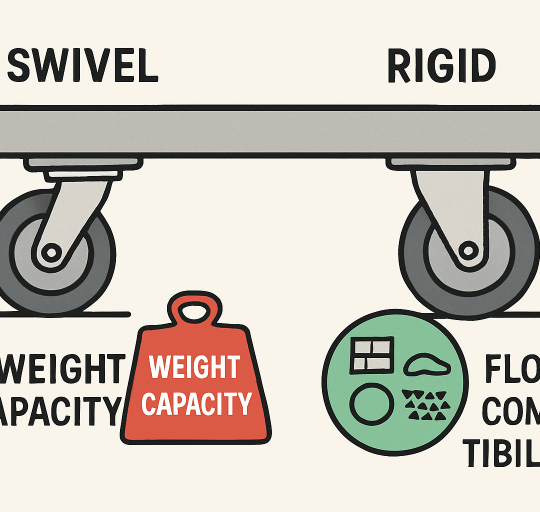
As exciting as starting a business can be, you need to set your business up to survive and thrive. About 20% of businesses don’t make it through the first year. About half fold before year 5.
One of the things you need to figure out is your business structure. That decision can have big implications for your personal liability in the business and taxes.
Do you need an LLC for online business? Read on to find out.
Table of Contents
What is an LLC?
An LLC is a limited liability corporation. When you start a business on your own, you have a couple of options for the legal structure of the business. You can file as a sole proprietor or create an LLC.
A sole proprietorship is easy to start. You just register the business name with your secretary of state’s office and pay the filing fee.
Legal and tax perspectives treat you and your business as the same thing. There is no separation on your taxes or if you get sued. If you do face a lawsuit, the plaintiff can include your home and personal investments as part of a settlement.
An LLC gives you liability protection, so your business is treated as a separate person. A single-member LLC is still taxed as a sole proprietor, but your personal things aren’t legally exposed.
Create an LLC for Online Business
How can you become an LLC? You have to start with your state’s requirements.
Generally speaking, you need a few documents. To create LLC status for your business, you need to fill out an application with your secretary of state’s office. You’ll fill out the business name, type of business, and address.
Some states require that you have a registered agent. A registered agent is an entity located in your state of business that accepts correspondence related to lawsuits, taxes, and other correspondence from your secretary of state’s office.
Other documents you’ll need include your articles of organization and certificate of formation. You’ll file these documents with your state and pay the filing fee. The filing fee varies from state to state.
Once your LLC is filed, you have to file reports with your state to maintain LLC status. You’ll also have to pay a renewal fee every one or two years. This also varies from state to state.
Once you have your LLC documents in hand, take them to the bank to open your business bank account. You need to keep your personal and business income and expenses separate.
An LLC is Worth It for Your Online Business
As you start your online business, you have to decide if you should be a sole proprietor or LLC. Both options have pros and cons.
An LLC for online business, though, offers other key advantages. You can control how you’re taxed and you have legal separation from your business. This can protect you personally in the event of a lawsuit or debt collection.
Do you want more tips to run your business? Check out this site often for more helpful content.







